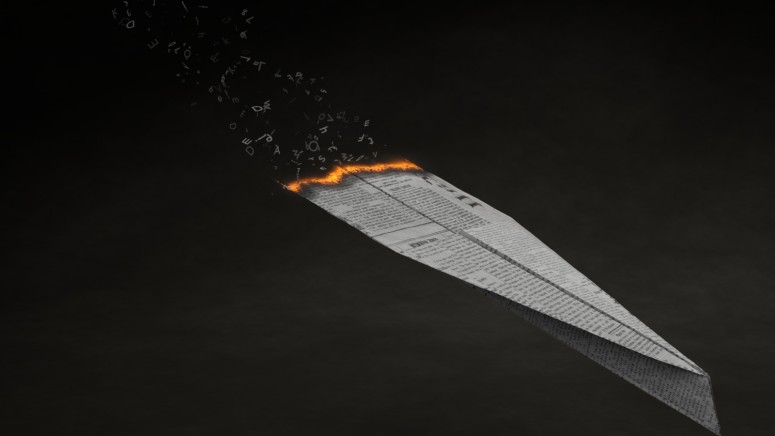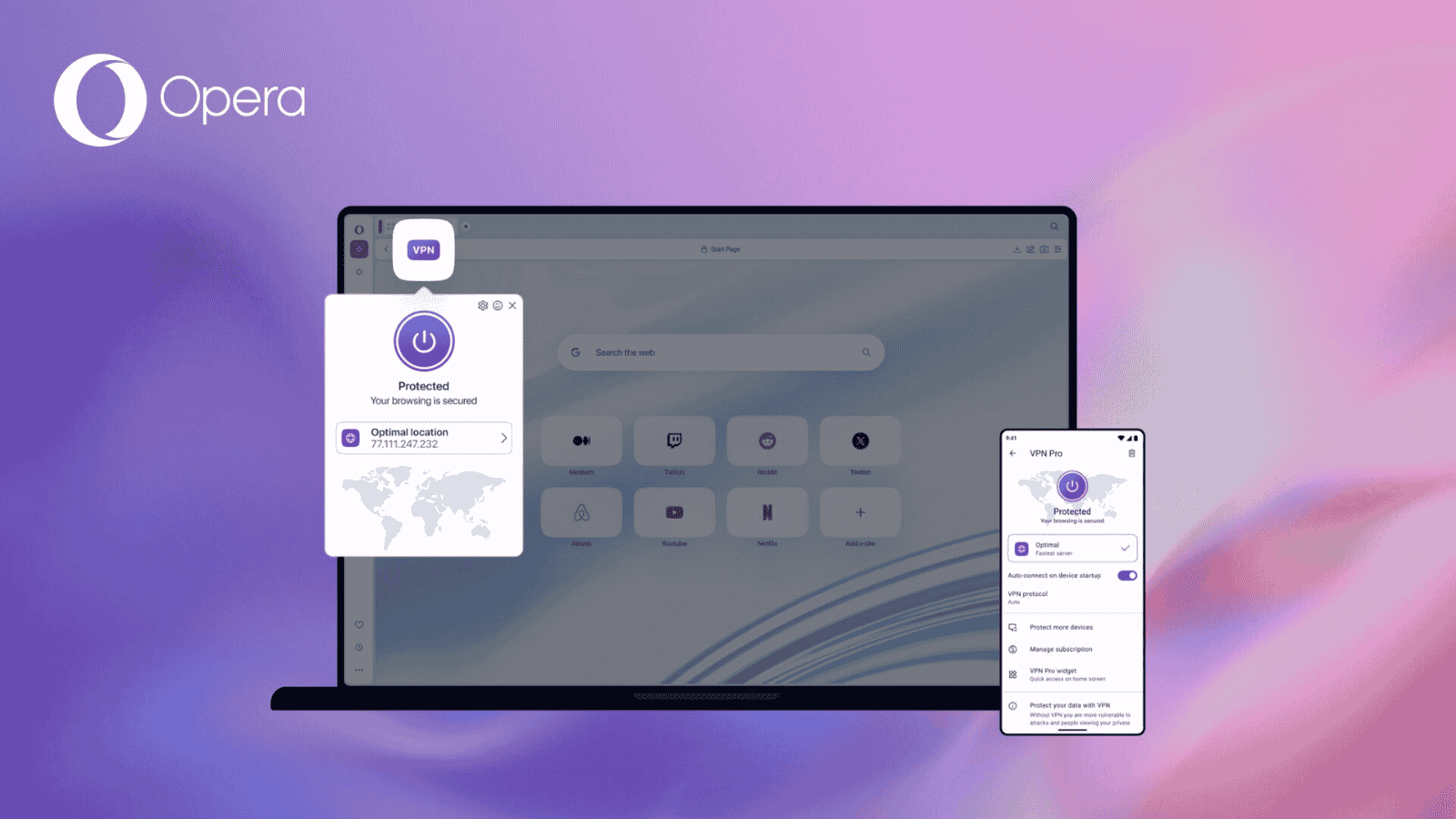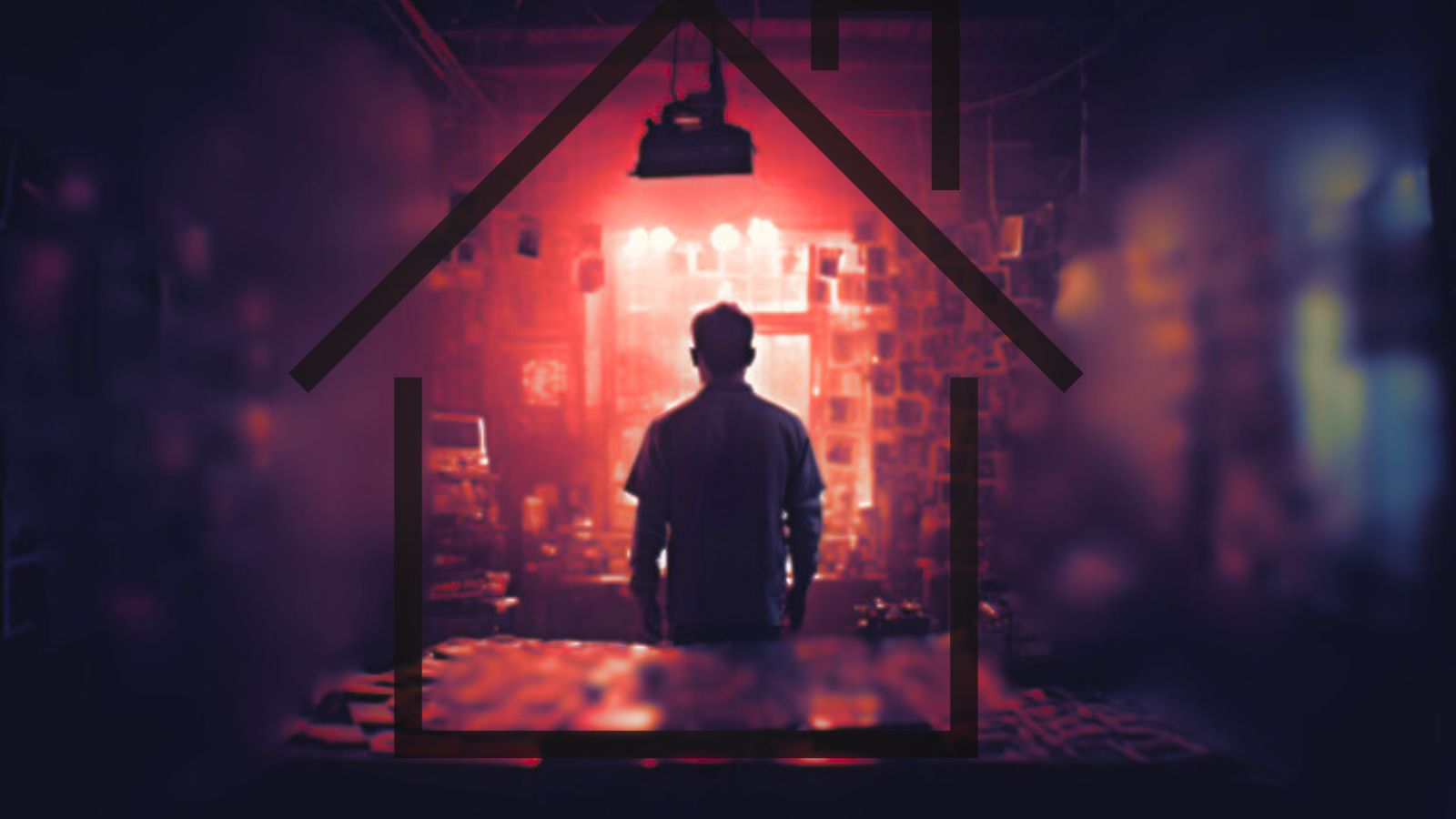
South Africa In Risk of “Passive” Internet Censorship with New Law
- South Africa on the verge of passing a new law that will protect the children from explicit content.
- The designated fines are really harsh, and users will think about it twice before uploading something.
- People fear that ISPs will start to block everything without any discrimination to avoid getting fined.
A new law titled “Films and Publications Amendment Bill” has just been passed by the South African National Assembly, and now only requires the signature of President Cyril Ramaphosa before it can be considered active. Allegedly, the main goal of this new law is to protect the minors from exposure to disturbing online content, including games, films, images, videos, and even written content. More specifically, the authorities and regulators hope that the phenomenon of “revenge porn” that can have a decisively adverse impact on the psychology of teens will be tackled by the new law.
The punishment for those who publish private sexual material without the consent of the depicted participants will be very harsh, reaching fines of up to $21000, and up to four years of imprisonment. But revenge porn is only a part of what the new bill will cover, as all forms of hate speech, propaganda, and violence-promoting material will be punished as well, with a fine of $10500 and up to two years of imprisonment. The ISPs (Internet Service Providers) are encircled into taking part in the content removal action, otherwise, they will be fined as well.
This last part is precisely what ignites the peoples’ worries, as ISPs could start blocking everything aggressively in order to mitigate the risk of getting fined. Indiscriminate censorship is the worst development that one can imagine for the South African internet, and the vague language used in the new bill leaves plenty of room for bashing the users’ free speech rights. Some clearly believe that the government is simply using child pornography and revenge porn as an excuse to impose stricter internet censorship, but this is not in line with what has been going on in the country so far.
image source: freedomhouse.org
The “Freedom House” gives South Africa an aggregate freedom score of 79 out of 100 for 2019, which means that the internet users in the country are mostly free. In 2018, South Africa was given a better score however, holding the position of the 8th most free country (in terms of internet access) in the world. While this shows a negative development from 2018 to 2019, South Africa remains high in the global internet freedom ranking. That said, the government, which has been on the wheel since May 2014, has not shown any signs of planning to censor the internet just yet. This new law certainly comes with its risks, but future amendments may make it less of a menace to the people’s rights online. Let’s just hope that this will be the case.
Where do you stand on the above? Share your thoughts with us in the comments section below, and don’t hesitate to join the discussions on our socials, on Facebook and Twitter.







